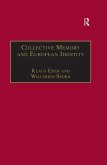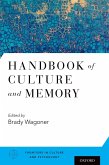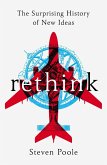This book provides readers with a broader understanding of the power of the past in the present. Specific past events are incarnated into collective memories that can transform into iconic, almost mythical stories that can be employed to help make sense of the present. Through evoking, constructing and reconstructing, selectively highlighting certain aspects or perspectives of prominent past events, these collective memories become a significant resource that actors and publics turn to in times of need. As currency, these memories provide a service. As currency, they can also relatively easily travel between collectives, since it is commonly understood that the past has value in the present, and that this value is similarly utilized in various countries around the world.
Tracy Adams, PhD, is a research affiliate at the Center for Cultural Sociology at Yale University. Her research interests include the intersection of memory, conflict, culture and politics and how meaning is constructed through interactive processes of negotiation. As a cultural and political sociologist, she builds theory through rich qualitative case studies, using memory studies as a framework to provide better understanding of societal concerns such as identity, narrative, and boundaries. Adams has been published in high-ranking journals such as the British Journal of Sociology, the International Journal of Cultural Sociology, Sociological Forum, Media, Culture & Society, and Memory Studies, and several edited books. Adams has taught courses in the area of antisemitism and Holocaust memory and is the recipient of numerous awards, research scholarships, fellowships and grants. She holds a PhD in Sociology and Anthropology, an MA with honors in Conflict Research, Management and Resolution, and a BA in Psychology and International Relations, all from the Hebrew University of Jerusalem.
Dieser Download kann aus rechtlichen Gründen nur mit Rechnungsadresse in A, B, BG, CY, CZ, D, DK, EW, E, FIN, F, GR, HR, H, IRL, I, LT, L, LR, M, NL, PL, P, R, S, SLO, SK ausgeliefert werden.









